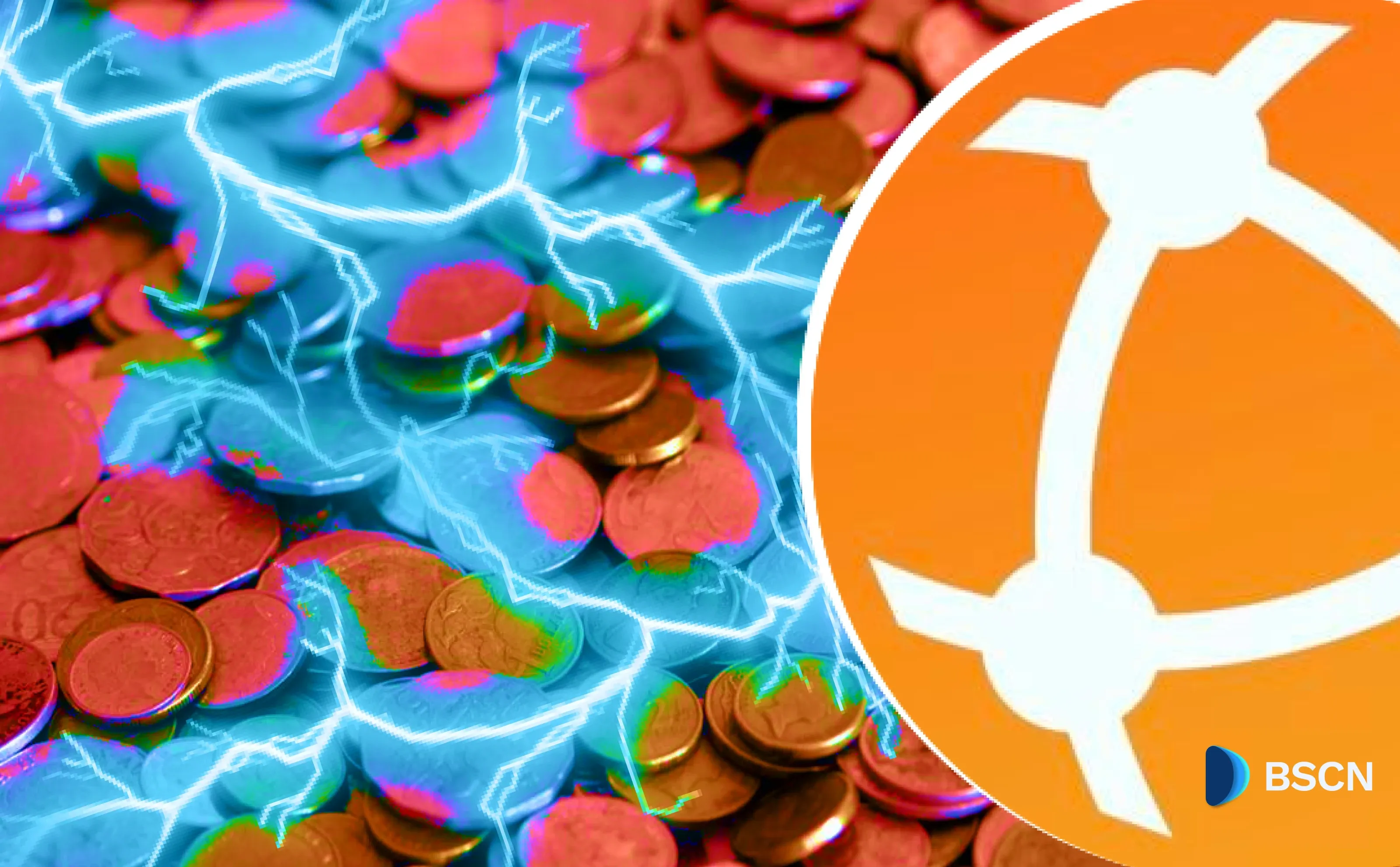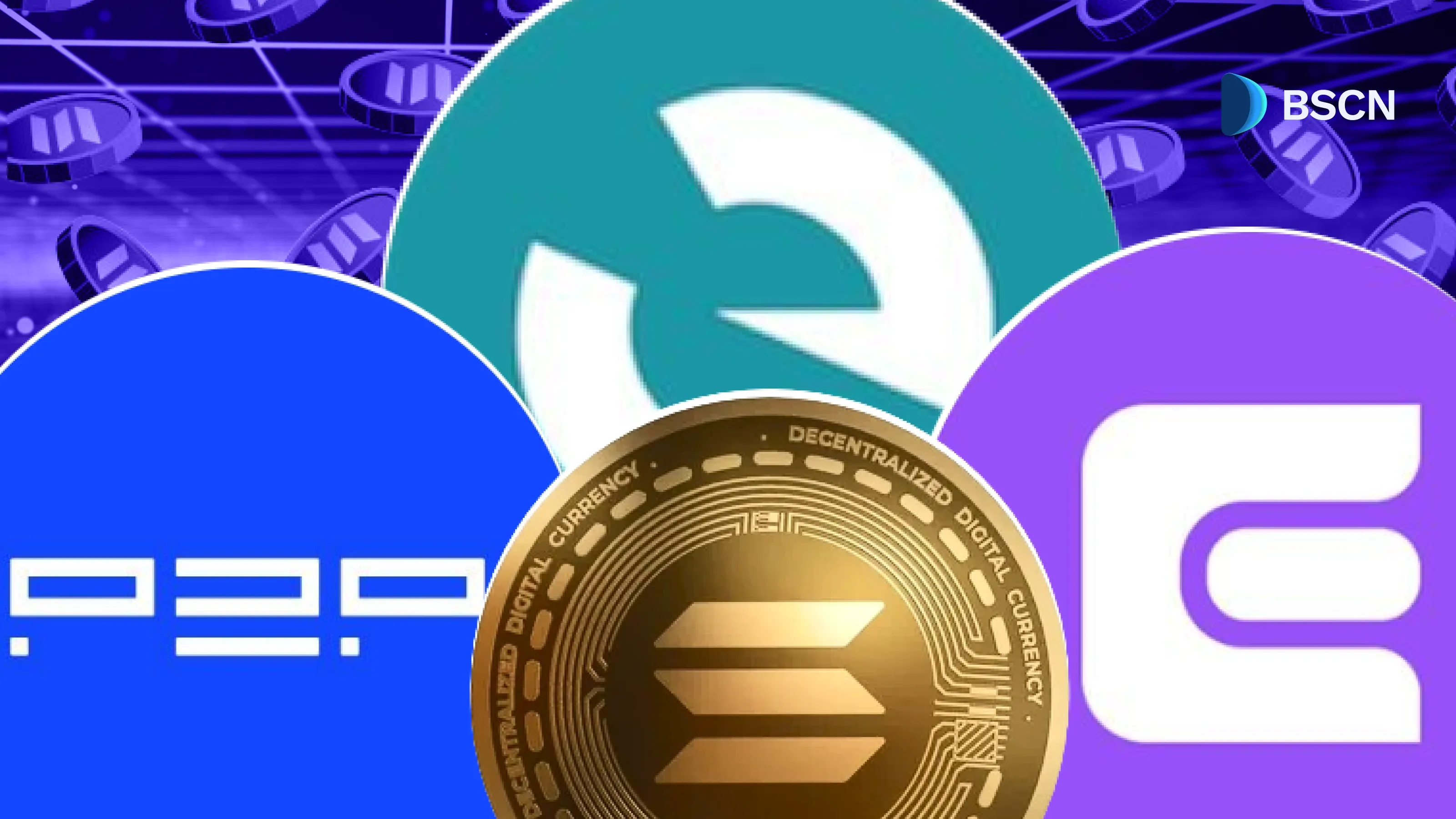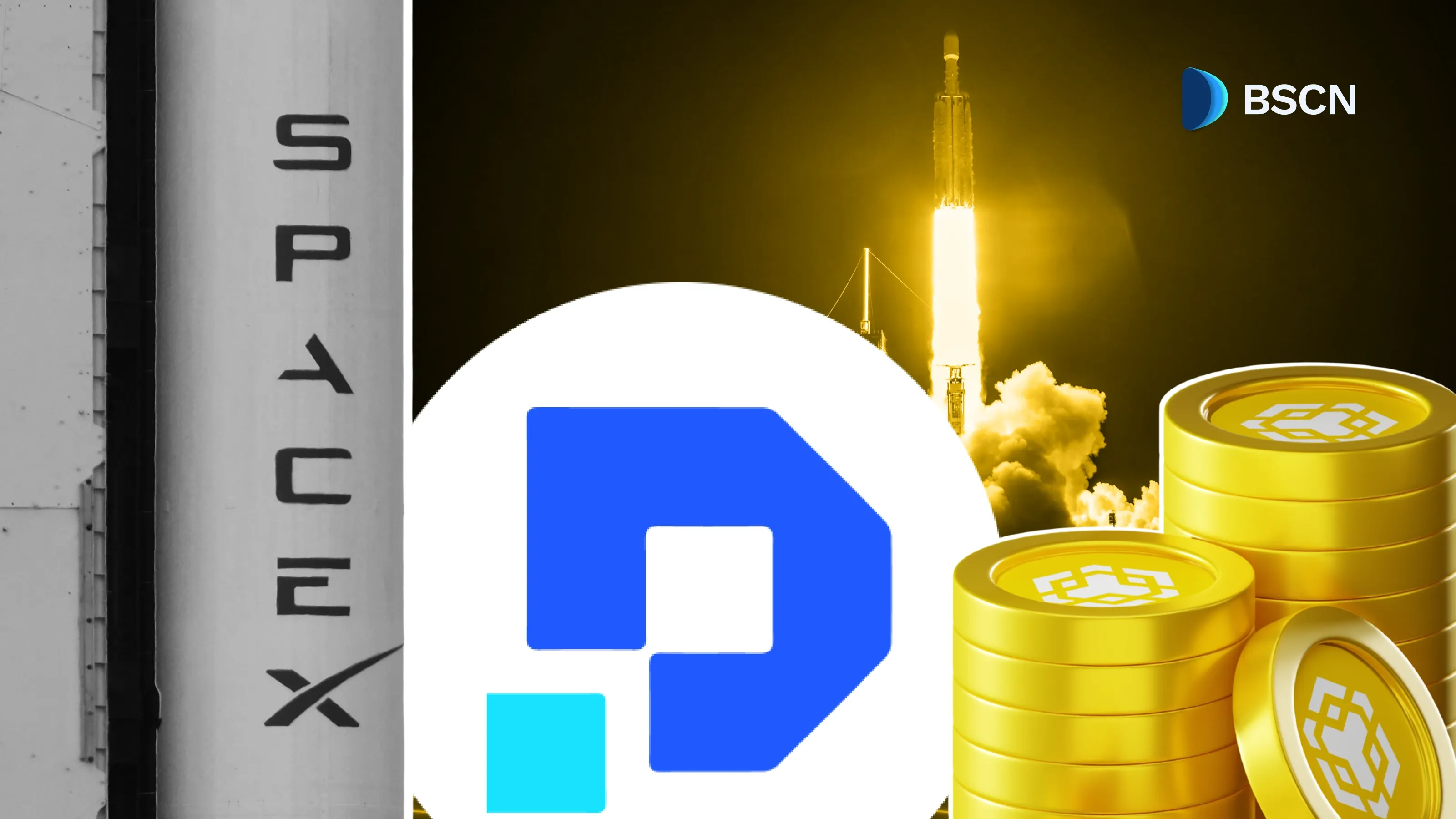ARB
Trader Joe Launches Liquidity Book V2.1 with Automated Liquidity Strategies

Liquidity Book V2.1 includes Autopools, which introduce automated liquidity, and Permissionless Pools, which allow anyone to access the power of discretized liquidity.
BSCN
April 12, 2023
Liquidity Book V2.1 to Launch in Three Phases
Trading platform Trader Joe launched Liquidity Book V2.1 bringing automated pools with a promise of a gas fee reduction of 30-40%.
Liquidity Book v2.1 will launch in three phases. The first phase will focus on launching V2.1 pools, Autopools, and Permissionless Pools. Phase two will see the launch of sJOE on Arbitrum and BNB, followed by phase three, which will see the launch of Autopool Farms and Limit Orders. Finally, V2 pools will migrate to V2.1 gradually.
Lets take a closer look at the main components of Liquidity Book V2.1:
Autopools
Autopools provides an automated way for Liquidity Book pools to execute liquidity strategies. Users who do not wish to manage liquidity positions themselves actively may choose to use an Autopool.
Autopools let you deposit tokens and receive token receipts, which can be used for Yield Farms, collateralization, and leverage.
As reported, Trader Joe is engaging with Arbitrum, Avalanche, and BNB partners to integrate Autopool token receipts for other DeFi applications.
sJOE
sJOE (a token given to users who supply JOE to the DEX in return for rewards) stakers will receive a percentage of fees accrued in Liquidity Book pools. Each chain will share fees exclusively, so sJOE on Arbitrum will share fees on Arbitrum, and sJOE on Avalanche will share fees on Avalanche.
Permissionless Pools
By enabling permissionless pools, anyone can open Liquidity Book Pools with 100 bps discretization (0.8% base fee for trading).
However, Permissionless Pools can only be paired with whitelisted assets: Avalanche (AVAX, USDC, BTC.b, and UTDT) and Arbitrum (ETH, USDC, USDT, and BTC.b). There may be additional discretization configurations added in the future.
Fees are no Longer Claimable
There will no longer be a way for users to claim their fees. Instead, all fees will be automatically claimed and compounded into the active bin the fees were accrued.
The Maker Style Native Limit Order
Liquidity Book Market users will soon be able to execute swap instructions that buy or sell Tokens at desired price points. With this feature, users can deposit tokens into a Liquidity Book pool, and if the price is met, they can withdraw the liquidity.
Paladin Security has audited the Liquidity Book V2.1 and Autopools. In addition, both the V2.1 code and Autopools will undergo an Audit Contest program with Immunefi.
Trader Joe contributed 15.7% to the total ARB trading volume in the first week following the launch of $ARB, according to the project's Twitter account. In terms of trading volume, Trader Joe ranks third among other protocols on Arbitrum.
Further, the decentralized trading platform launched an Automated Market Maker (AMM) liquidity book on the BNB Chain last March. Trader Joe ($JOE) is trading at 0.6207, up 3.47% in 24 hours.
What is Trader Joe:
Trader Joe is the most popular trading platform on Avalanche. It focuses on DeFi, with trading and lending being key areas for the company. The ultimate goal of Trader Joe is to become a ‘one-stop shop’ for DeFi.
Where to find Trader Joe:
Latest News
Crypto Project & Token Reviews
Project & Token Reviews
Comprehensive reviews of crypto's most interesting projects and assets
Learn about the hottest projects & tokens
Latest Crypto News
Get up to date with the latest crypto news stories and events











